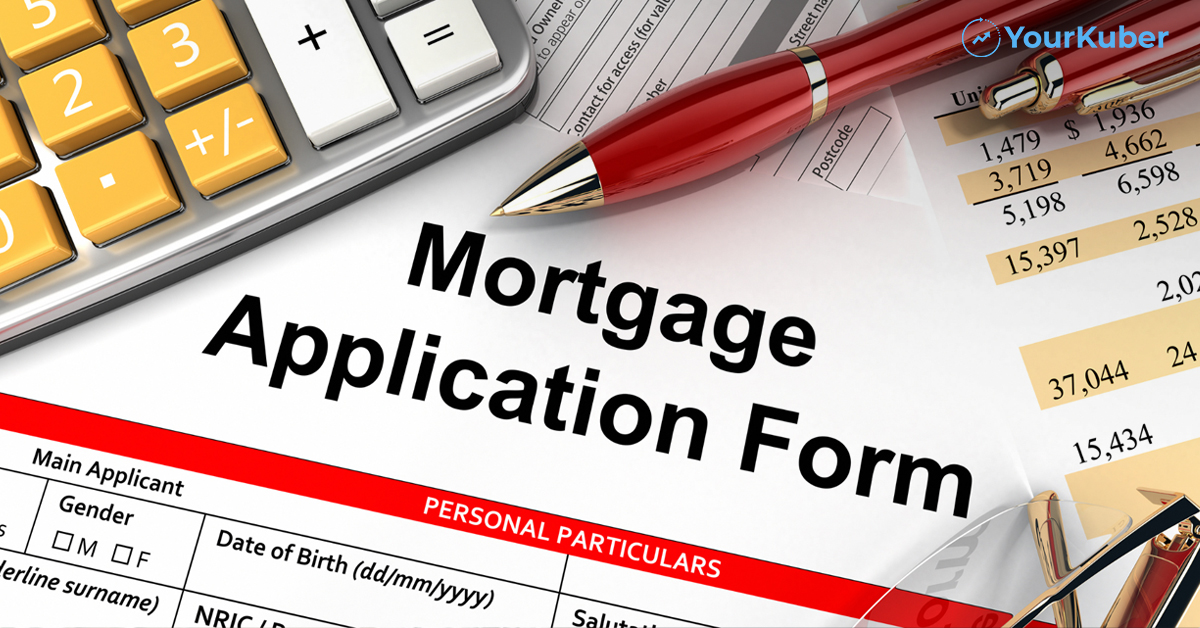Introduction
Are you dreaming of owning a home but unsure how to finance it? A home loan might be the answer. Whether you’re buying your first property or investing in real estate, understanding the concept of a mortgage is crucial. In this article, we’ll explain what a mortgage loan is, how it differs from other bank loans, and who should consider applying for one.
What Is a Mortgage Loan?
A mortgage loan is a type of secured credit where the lender (usually a bank or financial institution) provides funds to the borrower for property purchase. In return, the borrower agrees to repay the amount over time with interest, while the property itself serves as collateral.
Simply put, if you default on payments, the lender has the legal right to repossess the home. This reduces risk for banks, which is why these loans often offer better interest rates than unsecured credit.
How Does a Mortgage Loan Work?
Here’s how the process typically unfolds:
- Loan Application: You begin your home loan application by approaching a bank or NBFC (Non-Banking Financial Company).
- Credit Assessment: The lender checks your credit score, income, job stability, and financial history.
- Loan Approval: Based on eligibility, the amount is sanctioned.
- Disbursement: Funds are sent directly to the property seller.
- Repayment: You begin EMIs (Equated Monthly Instalments), covering principal and interest charges.
Key Features of a Mortgage Loan
- Before choosing a property loan, it’s important to understand the key features that come with it.
Loan Amount: Usually 75%–90% of the property value.
Tenure: Ranges from 5 to 30 years.
Interest Rate: Either fixed or floating; varies by bank and applicant profile.
Tax Benefits: Sections 24 and 80C of the Income Tax Act provide tax deductions on interest and principal repayment.
Mortgage Loan vs Bank Loan: What’s the Difference?
While both are financial instruments, a mortgage is specifically secured against property. A bank loan can be personal, business, or educational and often doesn’t require collateral.
Furthermore, mortgage loan interest is generally lower than unsecured loans due to reduced risk for lenders.
| Feature | Mortgage Loan | Personal/Bank Loan |
|---|---|---|
| Collateral | Required | Not always |
| Interest Rate | Lower | Higher |
| Tenure | Longer (up to 30 years) | Shorter (1–5 years) |
| Loan Amount | High | Moderate |
Who Should Apply for a Mortgage Loan?
Not everyone is the right fit, but certain individuals can benefit significantly from this financing option.
First-time homebuyers
Real estate investors
Individuals with stable income
People looking for tax-saving investments
Anyone preferring long-term repayment with lower interest rates
However, those with poor credit history, irregular income, or who plan to relocate soon may want to explore other options.
However, if you have an unstable income, a low credit score, or plan to move often, you may want to reconsider.
Tips for a Smooth Application
- Getting approved for a home loan becomes easier when you follow these tips.
Maintain a strong credit score (750+)
Keep your income documents updated
Compare offers from different banks
Choose fixed or floating rates based on market trends
Understand all terms before signing your loan agreement
Conclusion
A mortgage can be a smart, long-term move if managed wisely. Whether you’re purchasing your dream home or building wealth through property, understanding the application process and comparing options will help you make informed decisions.
Before applying, be sure to evaluate your financial standing and research multiple housing finance products.
Final Thought 💬
Are you planning to buy a home or apply for a property loan soon? Share your questions in the comments below — we’d love to help!

